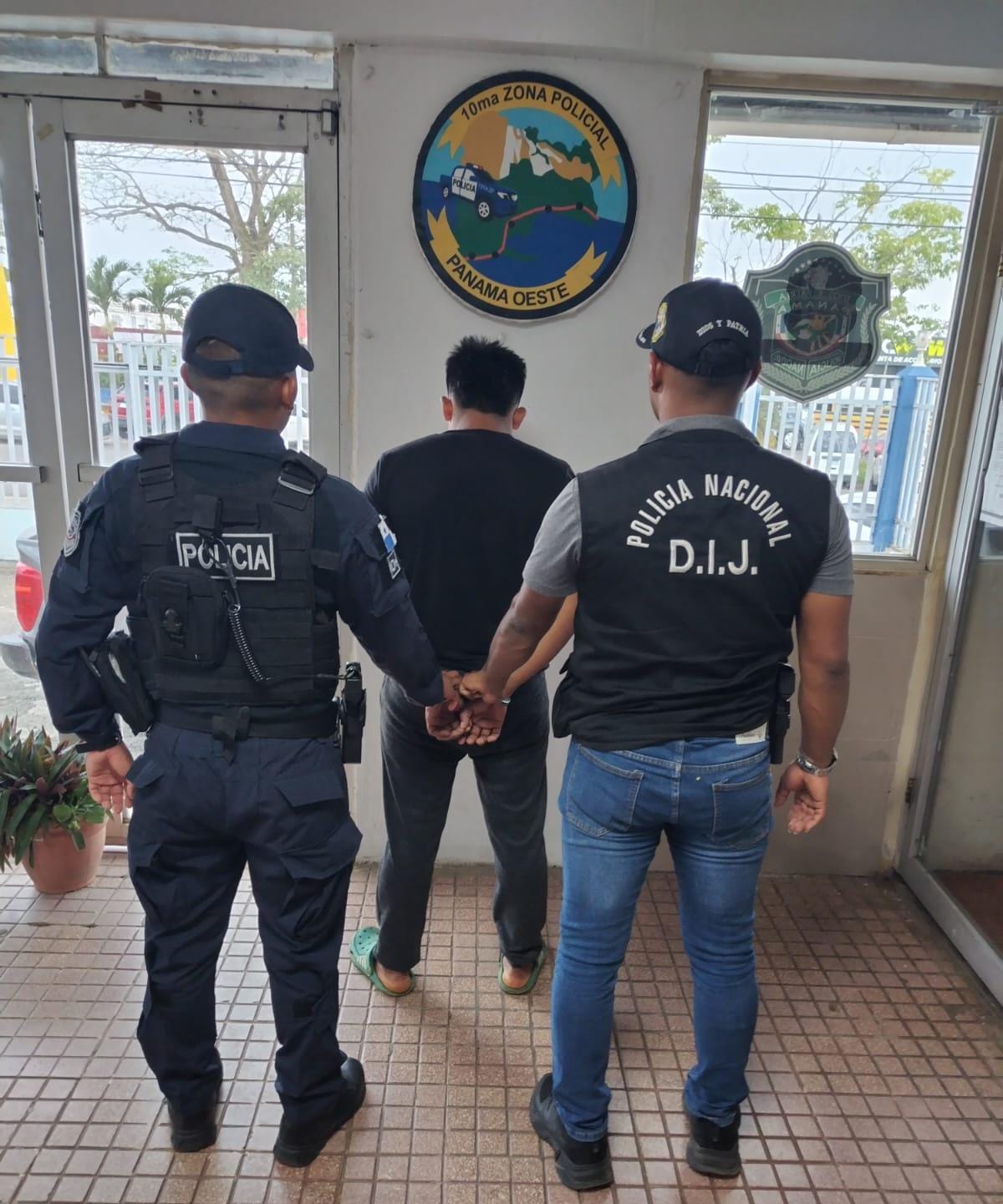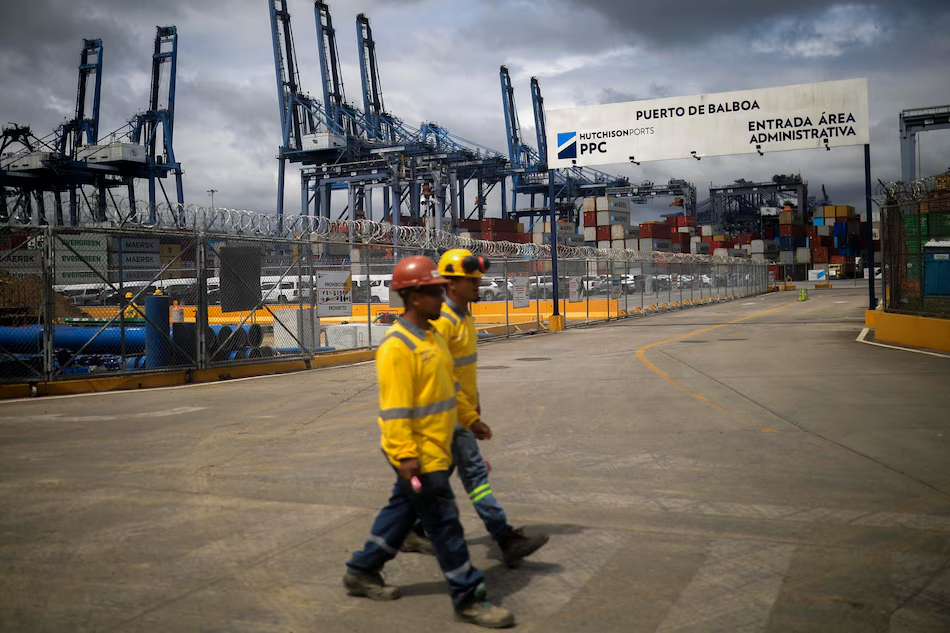PRESS FREEDOM: If there is nothing to fear why the silence?

EFFORTS by Panama’s government to muzzle press criticism has attracted attention of journalists from across the continent and at a recent U.S. conference dealing with press freedom and human rights.

It comes only days after President Ricardo Martinelli publicly confirmed he had banned government staff from answering questions put by La Prensa, and after years when individual journalists have been publicly denigrated, attacked, or legally threatened.
La Prensa reports that In the last year and a half , the newspaper made 18 requests for information from governmental entities with no response. There were also 19 habeas data before the Supreme Court because of the lack of provision of public information , a right recognized in Act 6 of 2002 ( Transparency Act ) .
Not one of these resources has been resolved says La Prensa.
“According to experts on the subject , says the newspaper, the use of public resources for the state administration should result in the opening of that information to taxpayers and the media. But , even the simplest information requests have been denied .”
In March this year , La Prensa asked for details on the management of the funds allocated by the Ministry of Economy and Finance for the Community Steps Program through the National Assembly . Although members e themselves handle millions of dollars annually for these purposes , the information was denied . The same thing happened last June when the publication asked for details of the cost of equipment and landfill design for the Mirador del Pacifico .
Two and half months ago on the use of state aircraft Embraer EMB– 135BJ Legacy ( HP -1A ) [the presidential jet]were asked for including official travel , destinations , scales, operating and maintenance costs , but the Ministry of the Presidency reported that this information " is restricted " . The request came after it was revealed in Spain that Martinelli visited Vigo when his destination was Lisbon, Portugal. These three applications are now analyzed in the CSJ .
Last June, the Minister of the Presidency , Roberto Henriquez , told a La Prensa reporter " I do not give statements to La Prensa " , after he was asked a question about the country's issues .
The wall built to prevent access to public information comes at a time when the president is consolidating his role as media entrepreneur . “A television , a publishing house that publishes three newspapers and radio stations are part of the portfolio that is known publicly .
In the last year and a half ,the president has proved to be a shareholder of the television NexTV , which are added entertainment channel +23 and radio stations .
He also said that his family is part of the group of shareholders who acquired Editora Panama America [ Panama America, DIA a DIa and La Critica .
Last June, Martinelli told journalist Claudia Palacios, W Radio Colombia , that he bought six frequencies in Panama Grupo Prisa . The purchase went through Fernando Correa , news director of the station KW Continente . According to lawyers, said La Prensa, Martinelli;s control violates Law 24 of June 30, 1999 , which prohibits " public service dealers or broadcast radio , control inh , directly or indirectly, a newspaper of daily circulation , if the coverage area of radio or television station open covers at least 50 % of the geographical area where the newspaper is distributed or sold " .
To Juan Luis Cebrian , founder of El Pais de Espana : " The main enemies of freedom of expression of all democracies are governments. Everyone is trying to repress, to control, what is available to public opinion and therefore no wonder that the Panamanian government and other democratic government within the limits that the law allows , try to limit freedom of expression ."
Etchevers Martin , manager of Argentina's Clarin publishing group , which also been information by that country 's president , Cristina Fernandez , said the problem lies in a lack of understanding that the manager of public funds is required to provide all the requested information.
" This is serious , because they manage public resources like private resources . For the official it is not an option or not reporting acts of government, is a constitutional obligation . He cannot choose which media will have the information and what media are not going to have" he said.
" Public resources are not who manages the state. Resources are the people who pay their taxes. All Panamanian citizens own the state money . Mr. Martinelli does not own , nor any other Panamanian president , "said Claudio Paolillo , President of the Committee on Freedom of the Press and Information of the Inter American Press Association (IAPA ) .
Catalina Botero , Special Rapporteur for Freedom of Expression of the Inter-American Commission on Human Rights ( IACHR ), who in the forum on freedom of expression and access to public information , held last September in Panama , said " all authorities are subject to the right of access to information, because they are paid with the money of all. It's harder to be corrupt when everything is transparent. "
Mitre Nequi Meanwhile , Head of International Services of La Nación, Argentina , said: "It's a shame that Panama has now become part of the axis of the countries whose governments are reluctant to giveexplanations of what they do."
Diego Cornejo , who in Ecuador this year received the award for excellence in the SIP as an example of a freelance journalist and defender of democratic values , said: "This decision of the President of Panama shows that some governments take refuge in secrecy. They do not want to be caught with liea. They do not want to risk a “Nixon" .
Jorge Canahuati , president of the Commission of the Declaration of Chapultepec of the SIP , was more direct : "If there is nothing to hide , nothing to fear. Why be silent ?





